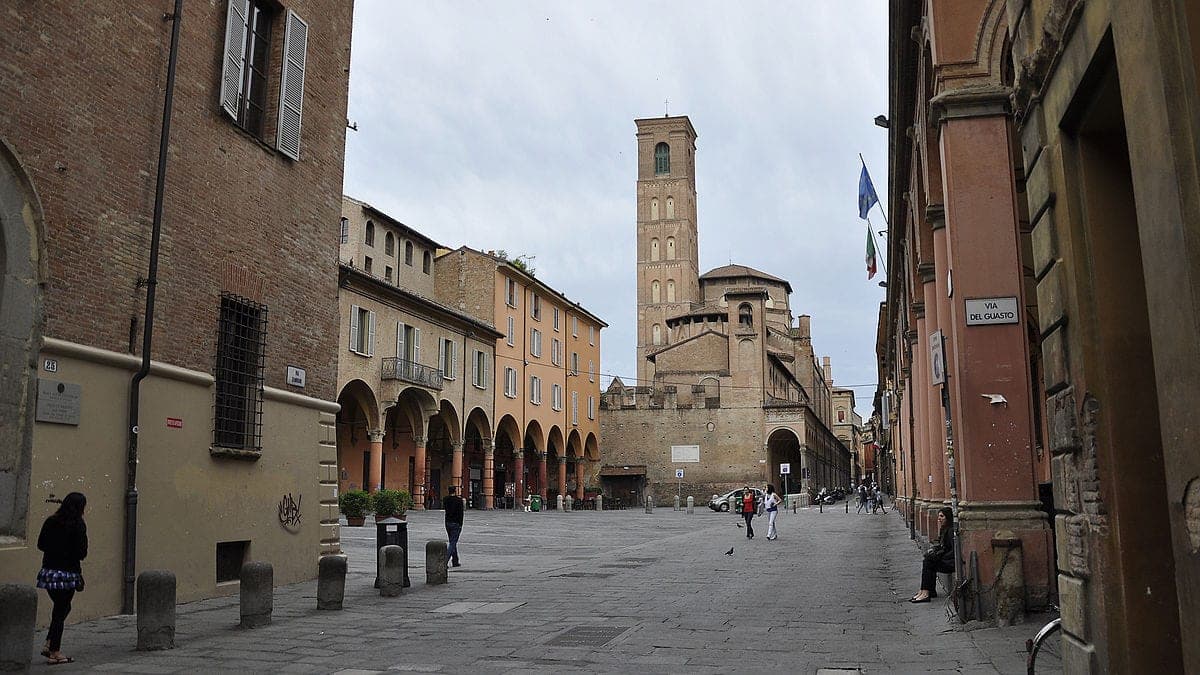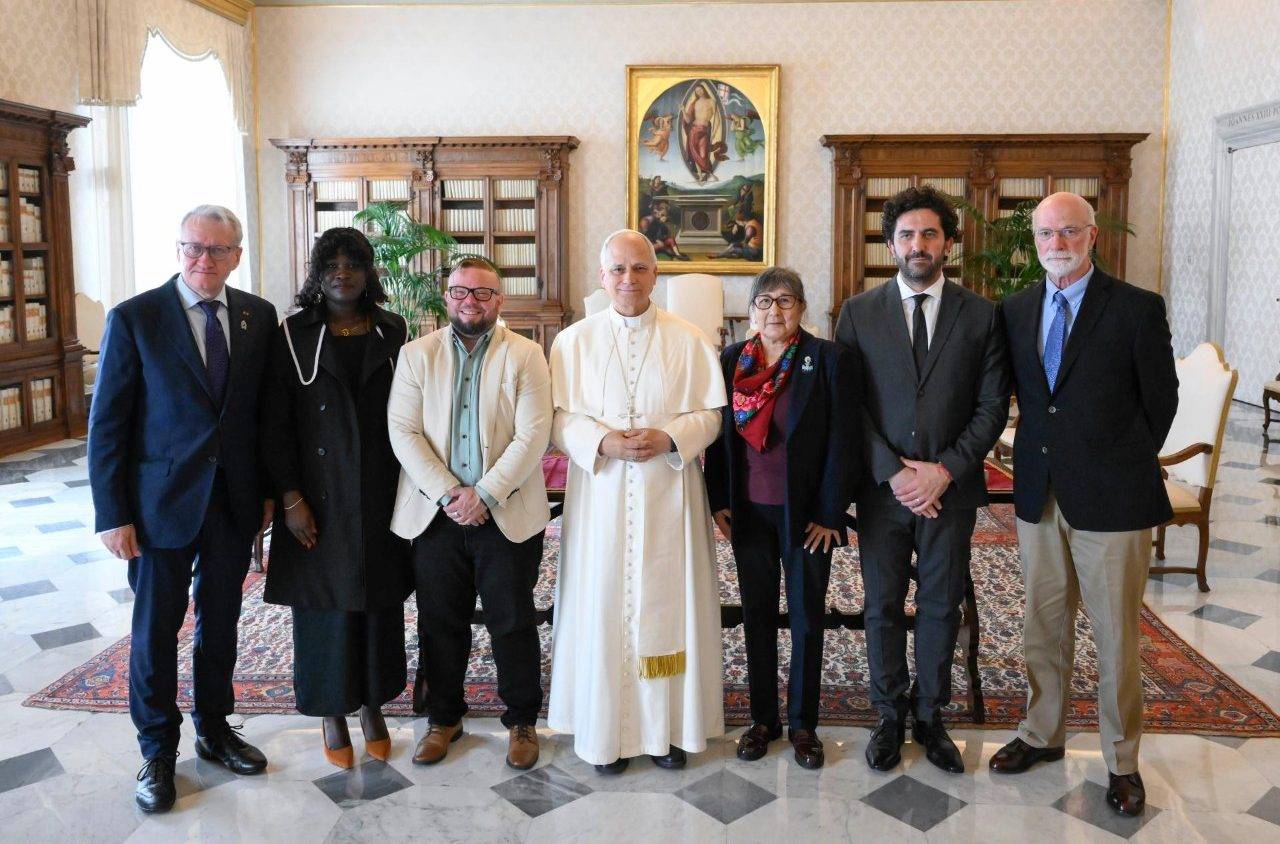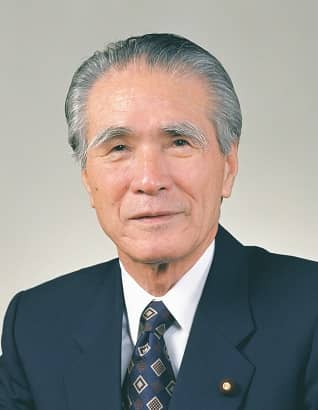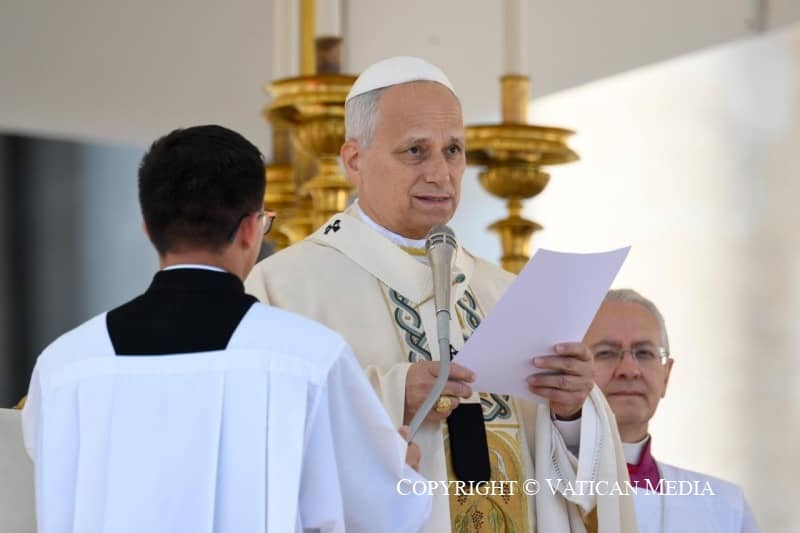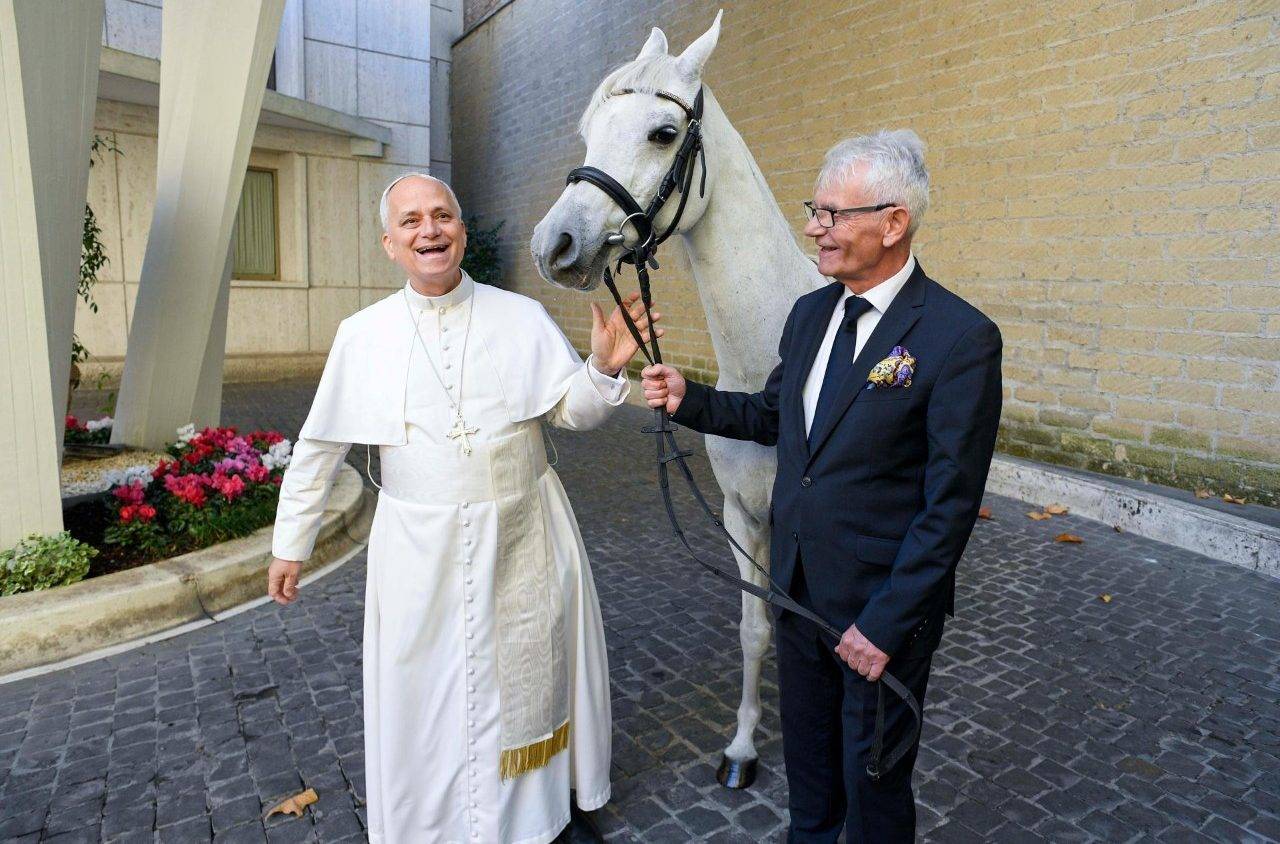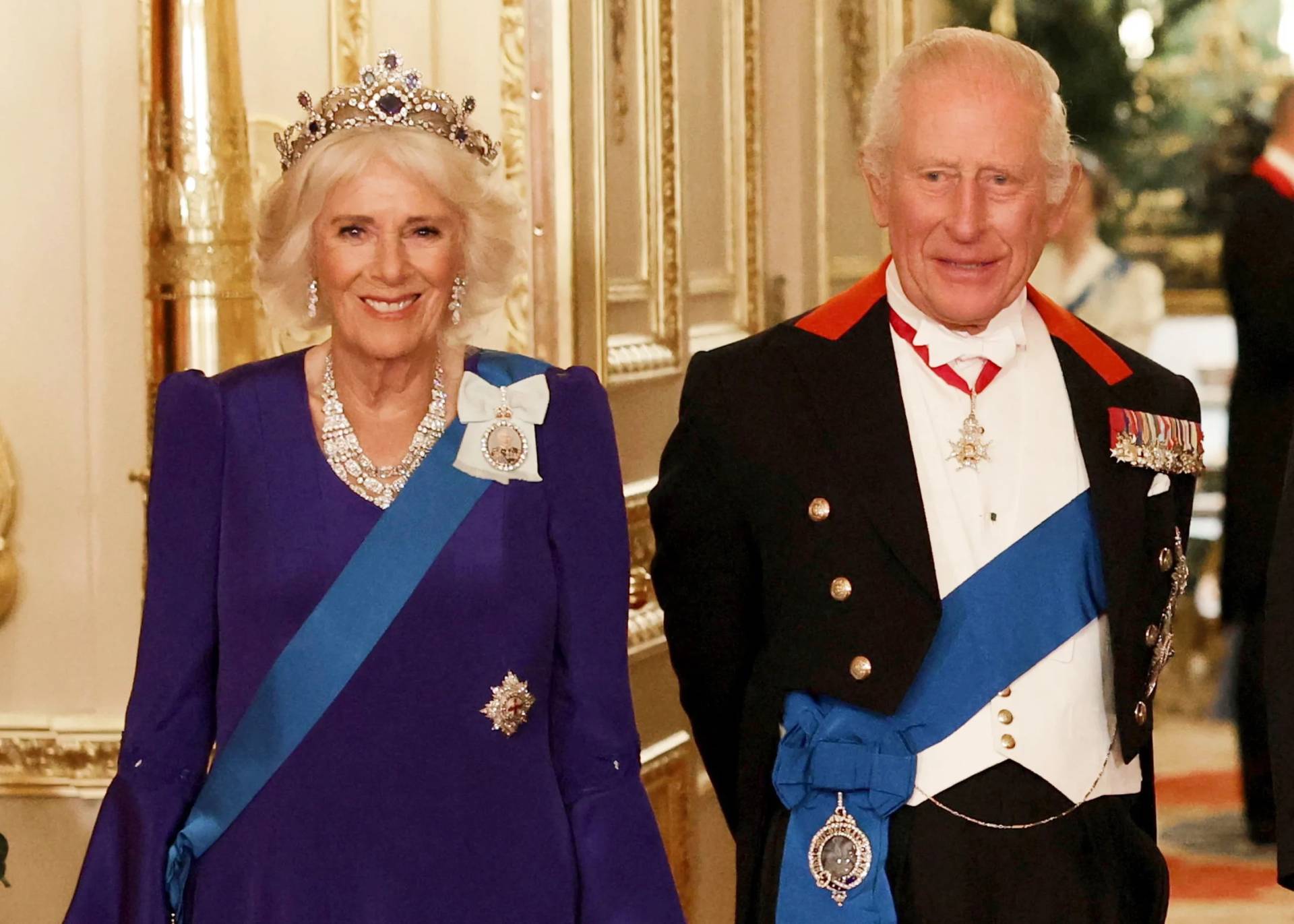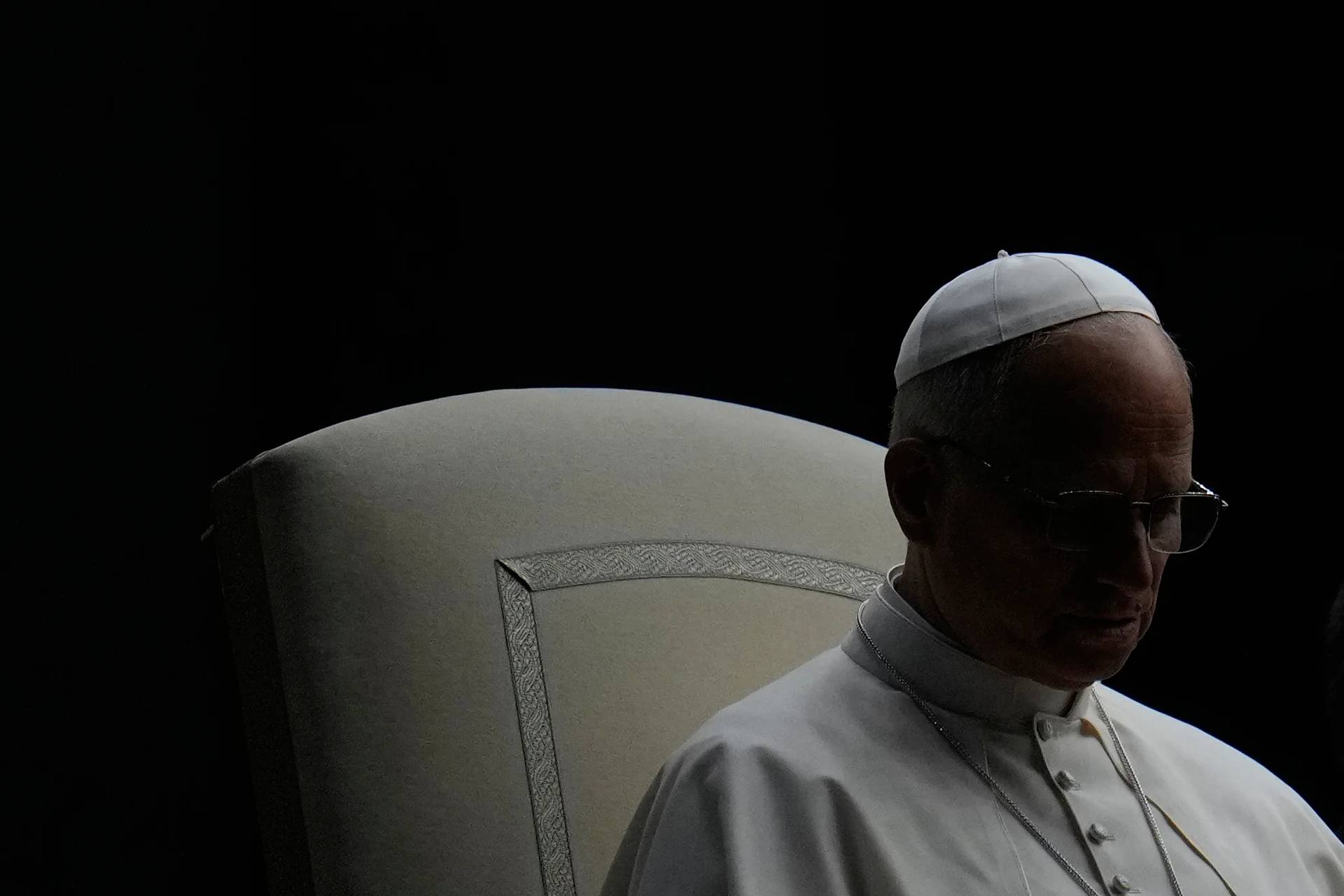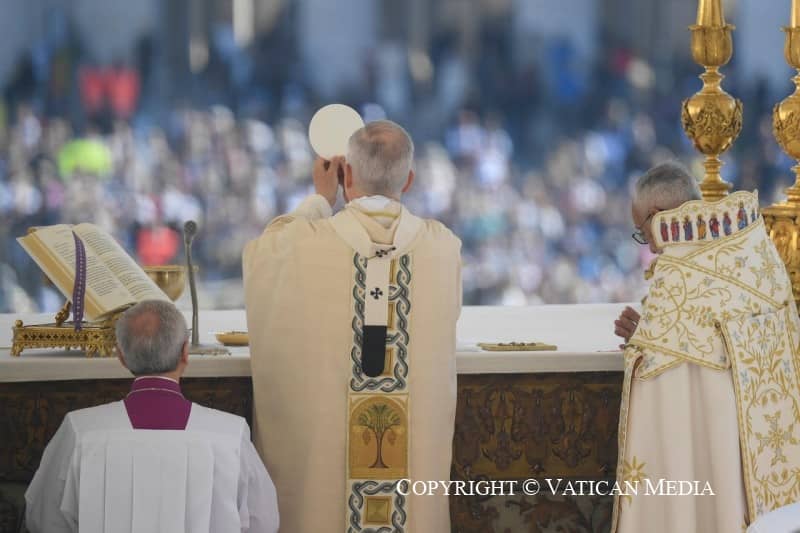ROME – While sexual assault allegations against people in positions of power gain momentum in the United States, recent events in Italy have highlighted an ongoing culture of victim-blaming, even at times by Church and government officials.
Italian actress and director Asia Argento, one of the first victims to speak up against award-winning Hollywood producer Harvey Weinstein, has now described dozens of instances of alleged sexual assault, and reportedly fled to Germany to escape the “climate of tension” and “victim-blaming” in her native country.
This is not the only time when some Italian citizens and media have shown a lack of empathy with victims of sexual assault who condemn their attackers, including a recent case with a parish priest who took to Twitter to criticize a rape victim.
On Nov. 3, a 17-year-old girl went to the Maggiore Hospital in Bologna, in northern Italy, saying that she had been raped and robbed. She had spent the night in Piazza Verdi, a party-area of town, and had gotten drunk, when she realized her cell-phone was missing.
That’s when she said she met a man from North Africa, according to media reports, who took her to a train station where he allegedly raped her. She told police that she later woke up half-naked and without her personal belongings.
This did not sit well with the local parish priest, Father Lorenzo Guidotti, who was quick to write a post on his private Facebook account saying that he has no pity for the young woman, who, in his view, was responsible for what happened to her.
“I mean, honey, I am sorry, but 1) you frequent Piazza Verdi (which has become the a**hole of Bologna!! […] 2) You get disgustingly drunk! Why? If you participate in the (sub) culture of mayhem, it’s your f***ing business if the morning after you wake up who knows where,” he wrote in the post.
Guidotti underlined that for the past 50 years, he has woken up in his own bed. He also criticized the young woman for leaving with a North African.
“After the mistake of getting drunk, who do you walk away with? A North African? Notoriously, especially in Piazza Verdi, very gentlemanly, all professionals, teachers, people of culture, good people,” he wrote.
The priest also said that the young woman drank not only alcohol but also the “ideological pull of ‘let’s welcome them all’,” referring to pro-immigration policies that have been enacted under Italy’s current center-left government.
“Honey, at this point waking up half-naked is the least that could happen. I’m sorry, but if you swim in the piranha tank, you can’t complain if when you get out, you’re missing an arm,” Guidotti wrote.
“Should I feel pity? No.”
The priest concluded his post with an appeal to young people, saying that they are being “brain-washed” and tricked by the system.
The post was first reported by local radio Città del Capo, provoking the indignation of many on social media but also the support of others who agreed with the words of the priest. Hundreds of posts expressed solidarity with Guidotti, including politicians, and many friends and faithful in his parish defended his remarks in front of the media and shielded him from cameras during Mass.
“He is a good person, he does well by everyone,” one of his parishioners told local media, with one tearfully saying, “my heart breaks when I see what is happening to him, you must forgive him.”
The Archdiocese of Bologna distanced itself from the priest, releasing a statement saying that Guidotti’s words correspond to “his own personal opinions, which don’t reflect in any way the thought and assessment of the Church, which condemns every type of violence.”
The statement included a letter of apology by Guidotti, who has been prohibited from speaking on the matter to the press – or the public – by the archdiocese.
“I wish I could meet her,” the priest said in the statement referring to the victim’s mother. “I understand when she says that this is not Christian charity, but I did this with all the charity possible because we are getting used to news of rape. If no one helps our young people, because of complete imputability, then young people must help themselves, by staying away from mayhem. This is what I meant, but I said all the wrong words.”
The Vicar General of Bologna, Father Giovanni Silvamagni, highlighted how this recent event may open a discussion about the use of social media by priests.
“Social media courses? Perhaps we need responsibility in the use of an instrument that has potentials and risks,” he told local media, calling for more self-discipline.
The leader of Italy’s right-wing populist party Lega Nord, Matteo Salvini, told reporters in Milan that while “in the case of violence there is no difference between sober and drunk, there is a basis of truth in the words of the priest.” He added that people must be mindful of their actions and with whom they associate, and that the place she visited was well known for being a bad neighborhood.
“If you go there underage and drunk – and I would like to know what her parents think – you are obviously not at your first rodeo,” Salvini said, concluding his statement by offering solidarity to the victim.
A recent survey by a local news site Quotidiano.it shows that while 25 percent of Italians concur with Guidotti’s statement, up to 62 percent condemn them, pointing to the fact that public opinion and what is conveyed online are two very different beasts.
“Our Catholic teaching tells us that the only person who’s responsible for a sin is the sinner. Rape is a horrible crime and it’s also a sin, so the only person responsible for rape is the rapist,” said Dawn Eden Goldstein, an assistant professor of dogmatic theology at Holy Apostles College and Seminary in Cromwell, Connecticut, and author of books on healing from trauma and abuse, including Remembering God’s Mercy and My Peace I Give You: Healing Sexual Wounds with the Help of the Saints, in an interview with Crux.
“Catholic teaching is very strong on the fact that abuse victims are never responsible for their abuse.”
Goldstein stated that “people don’t look to be abused, nobody wants to be abused,” and that the seventeen-year-old girl wouldn’t have gone out drinking in a bad neighborhood if she had known it was dangerous.
Intentionally or not, Guidotti is in the eye of the hurricane in the debate surrounding sexual assault and victim blaming in Italy. The parish priest of the church of San Domenico Savio had a very active media presence. His Facebook profile (which has been closed following the scandal) shows a picture of a Lego dressed as a crusader and has posts expressing reactionary positions.
“I will go visit the parish priest and tell him of my idea of Christian behavior, very different from his,” said the mother of the young woman who was raped. “My daughter was the victim and she must be defended, not only by a priest. The fault lies in the rapist, not on the victim.”
The mother told reporters that the “pack of jackals” that descended on her family following the event only worsened an already very challenging moment. “We are a family with strong values, but we read a lot of inaccuracies and accusations surrounding our tragedy that hurt us, when no one, except us, knows what happened,” she concluded.
More than 4,000 cases of sexual assault took place in Italy in 2015, of which 80 percent were against women, according to data from the country’s Ministry of the Interior.
Goldstein highlighted that according to the Bible, authority figures in the community also have a responsibility to young people in educating them and showing them the right path.
“It’s very easy for this priest, or anyone after the fact, to blame the victim, but when they do that they are really just deflecting blame away from themselves because young people are formed by adults,” she said.
As a teacher in a seminary, Goldstein said that men who are being trained for the priesthood should have some guidance regarding social media, and added that there should be a seminar with do’s and don’ts when using this platform.
“Social media can become weaponized in the hands of representatives of the Church who are not thinking about their witness,” Goldstein said. “If we are treating someone in an uncharitable, hostile, egotistical way then people will not see the beauty of Christ when they look at our lives.”
